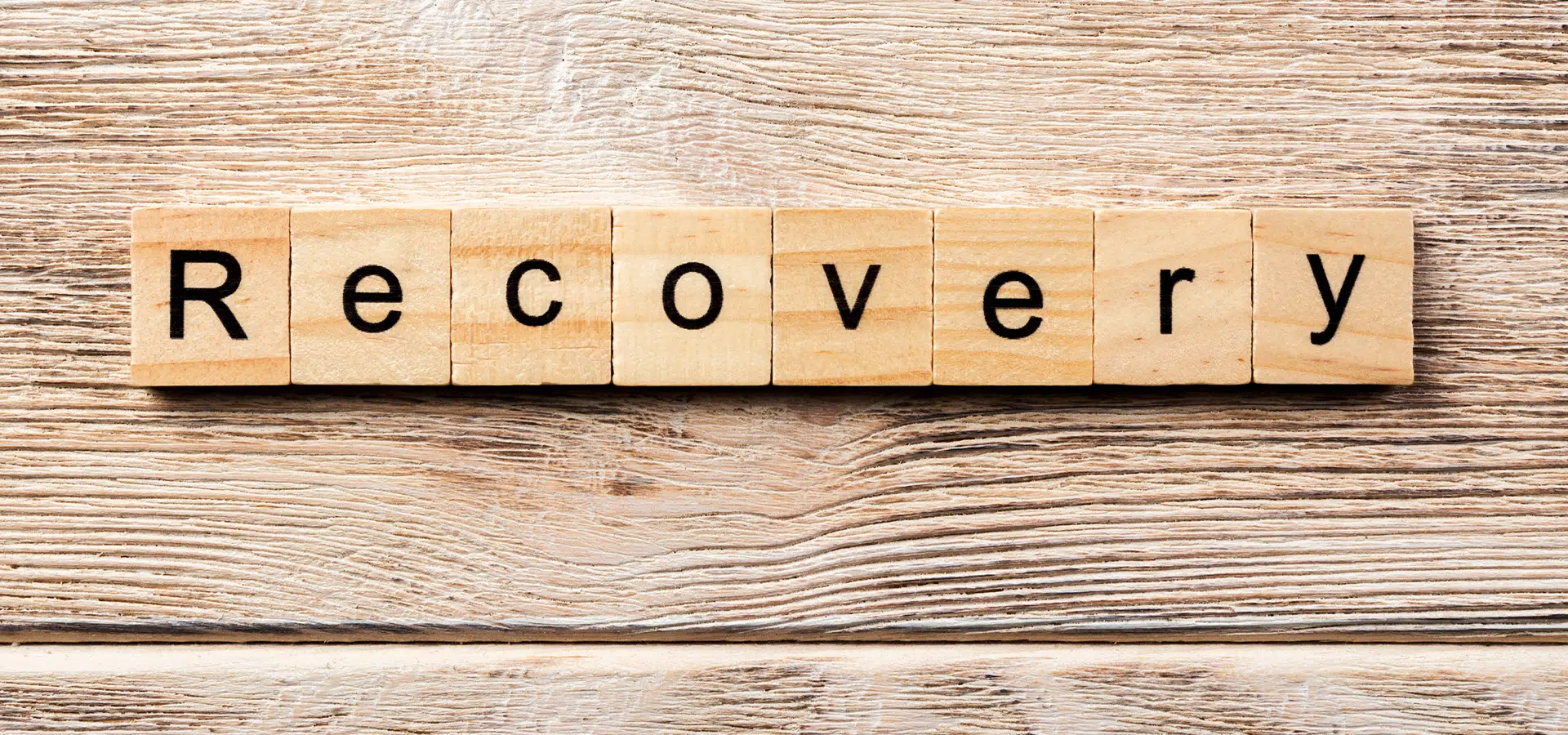[vc_row][vc_column][vc_column_text]All too often we hear about the negatives associated with addiction; overdose, theft, unemployment, homelessness, neglected children, disease, and of course, death. It’s time that we cease reinforcing the stigma into society and begin ripping the stigma out of society by showing that people can, and do, recover. Sharing my story can be beneficial to still-using individuals and their families whom might still be in the process of writing their own stories. I bring my experience to the light, so that others don’t have to continue to suffer in the dark. I say it out loud so that nobody will continue to hurt in silence. It is proven that treatment is more effective than incarceration when it comes to rehabilitation and reintegration back into society. We are fortunate to live in a time when access to care is on the upswing, but there is still so much more work to be done. Pathways to a beautiful life are available, and it’s so important that we understand that this is a journey, not a destination. Treatment is a phenomenal start, and without it we are simply spinning our wheels in the mud, but it’s not enough. The worst thing I could ever believe is that “I’ve got this”. Addiction is the epitome of disconnection. Recovery entails being connected again.[/vc_column_text][/vc_column][/vc_row][vc_row][vc_column][vc_single_image image=”29520″ img_size=”full”][vc_custom_heading text=”Addiction is Not a Character Problem” use_theme_fonts=”yes”][vc_column_text]In active addiction, we are disconnected from relationships, from our families, from the law, from stable housing, from healthy social and entertainment activities, and from our overall health and wellbeing. Once we learn how to stop using the substance that was causing the disconnect, the real work begins. We begin to clear up the wreckage of our pasts and right our wrongs. We learn how to enjoy life without being under the influence of a mood- or mind-altering substance, and we adjust to life on life’s terms with healthy coping skills. We find gainful employment and become financial stable. We begin to take care of our bodies and our minds and learn how to look at “health” as something physical, mental, and spiritual. We become productive members of our communities again, or in some instances, for the first time ever. Addiction is not a character problem, it’s a community problem. If we take the proper steps to support recovery synergistically, the future will be incredibly bright for the world. We need to focus on the present and the future. We’ve all felt pain, but we all deserve to feel love. We’ve all failed at one time or another, yet we can all experience our own definition of success. So many have unfortunately lost their lives, and it’s our obligation to live on and make sure that those lives lost will never be in vain. There is absolutely no shame in beginning again, for we get a chance to build bigger and better than ever before. We all have the power to say, “This is NOT how my story will end.”[/vc_column_text][/vc_column][/vc_row][vc_row][vc_column][vc_row_inner][vc_column_inner][vc_custom_heading text=”An Obligation to Stay Well” use_theme_fonts=”yes”][vc_column_text]After attending 28 treatment centers across the country, dozens of arrests, homelessness, and a handful of overdoses, I finally decided to stop doing things my way, and to follow some simple suggestions from people who had found a way out of the confines of the disease of addiction. I was always concerned with the “why” and “how” this happened to me, rather than simply practicing some acceptance and focusing on a solution. Addiction happens to every demographic of people, and everyone has a different “why” or “how” it may have started, but the fact of the matter is that the opportunity for recovery is equally distributed amongst all of us, and regardless of how many times we’ve fallen, it’s never too late to get back up and start over. If I can do this, anyone can. During Recovery Month, it’s imperative to support those recovering from any substance use disorder. Millions of us are bettering ourselves, and those around us, every single day. I have an obligation to stay well for myself, for my family, for my friends, for my coworkers, for my community, for those who doubt that people do recover, and for those still using, who might need to hear a story like mine in order to change. Matt Bell CEO, Midwest Recovery Center President, Team Recovery Midwest Recovery Center is one of the Amatus Recovery Centers, a division of Amatus Health, which offers treatment for drug and alcohol addiction as well as co-occurring mental health disorders in facilities across the country. To learn more visit amatusrecoverycenters.com[/vc_column_text][/vc_column_inner][/vc_row_inner][/vc_column][/vc_row]
Home » People Can, and Do, Recover
People Can, and Do, Recover

Are You Covered for Addiction Treatment? Find Your Insurance.







